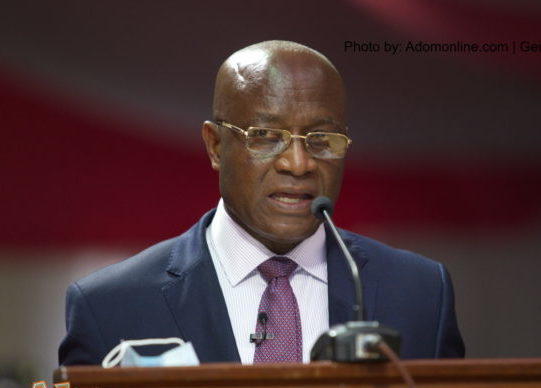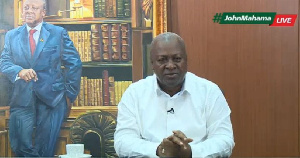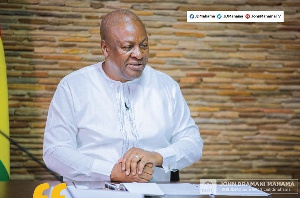What would happen if Parliament doesn’t sit in the next 10 days?

The impasse in Ghana’s Parliament continues, leaving the approval of key government business hanging with the House not sitting with less than three weeks to the December 7, 2024, general elections.
One of the key concerns over the House not sitting is the fate of public-sector workers because of the possibility of the Budget and Economic Statement for 2025 not being passed.
If the 2025 budget is not passed, there is a possibility of the government’s expenditure, including the salaries for public sector workers, being in limbo. In fact, the entire government machinery would be in limbo.
But are these fears real? How much time is there for the budget to be passed, and what does the 1992 Constitution say about all of this?
Passage of budget:
Article 179 of the 1992 Constitution and Section 21 of the Public Financial Management Act, 2016 (Act 921) mandate the executive to present the nation’s budget to Parliament for approval.
Specifically, Article 179(1) states that “The President shall cause to be prepared and laid before Parliament at least one month before the end of the financial year, estimates of the revenues and expenditure of the Government of Ghana for the following financial year.”
This means that the budget for the ensuing year is expected to be presented to the House before the end of November. So, if the 2025 budget is to be approved, it should be presented to Parliament no later than November 30, 2024, which is 10 days from now.
Clause 2 of Article 179 indicates that this expenditure is to be presented to the House, including that of all public entities, including Parliament itself, the judiciary, as well as Ministries, Departments and Agencies (MDAs).
“(2) The estimates of the expenditure of all public offices and public corporations, other than those set up as commercial ventures-
(a) shall be classified under programmes or activities which shall be included in a bill to be known as an Appropriation Bill and which shall be introduced into Parliament to provide for the issue from the Consolidated Fund or such other appropriate fund, of the sums of money necessary to meet that expenditure and the appropriation of those sums for the purposes specified in that bill; and
(b) shall, in respect of payments charged on the Consolidated Fund, be laid before Parliament for the information of members of Parliament.”
So, one can imagine what would transpire if the 2025 budget is not passed.
Are there any alternatives for money to run the country in the event that the 2025 budget is not passed?
The framers of the 1992 Constitution, probably anticipating the possibility of the country’s budget not being passed by Parliament, made provision for such an occurrence
The Member of Parliament for Asante Akim North, Andy Kwame Appiah-Kubi, has explained that if the 2025 budget is not passed, the government will have to rely on a Contingency Fund to run the country.
He, however, noted that the use of a Contingency Fund would make it difficult for Parliament to hold the executive in check.
Article 177 of the 1992 Constitution indicates that monies can be taken from the Contingency Fund in cases of emergency without the authorisation of Parliament.
The executive is, however, expected to account for monies used from the fund to Parliament as soon as possible.
Below are the exact words of Article 177:
“(1) There shall be paid into the Contingency Fund moneys voted for the purpose by Parliament; and advances may be made from that Fund which are authorised by the committee responsible for financial measures in Parliament whenever that committee is satisfied that there has arisen an urgent or unforeseen need for expenditure for which no other provision exists to meet the need.
(2) Where an advance is made from the Contingency Fund, a supplementary estimate shall be presented as soon as possible to Parliament for the purpose of replacing the amount so advanced.
(1) No moneys shall be withdrawn from the Consolidated Fund except –
(a) to meet expenditure that is charged on that Fund by this Constitution or by an Act of Parliament; or
(b) where the issue of those moneys has been authorised –
(i) by an Appropriation Act; or
(ii) by a supplementary estimate approved by resolution of Parliament passed for the purpose; or
(iii) by an Act of Parliament enacted under article 179 of this Constitution; or
(iv) by rules or regulations made under an Act of Parliament in respect of trust moneys paid into the Consolidated Fund.
(2) No moneys shall be withdrawn from any public fund, other than the Consolidated Fund and the Contingency Fund, unless the issue of those moneys has been authorised by or under the authority of an Act of Parliament.”
Source: www.ghanaweb.com





